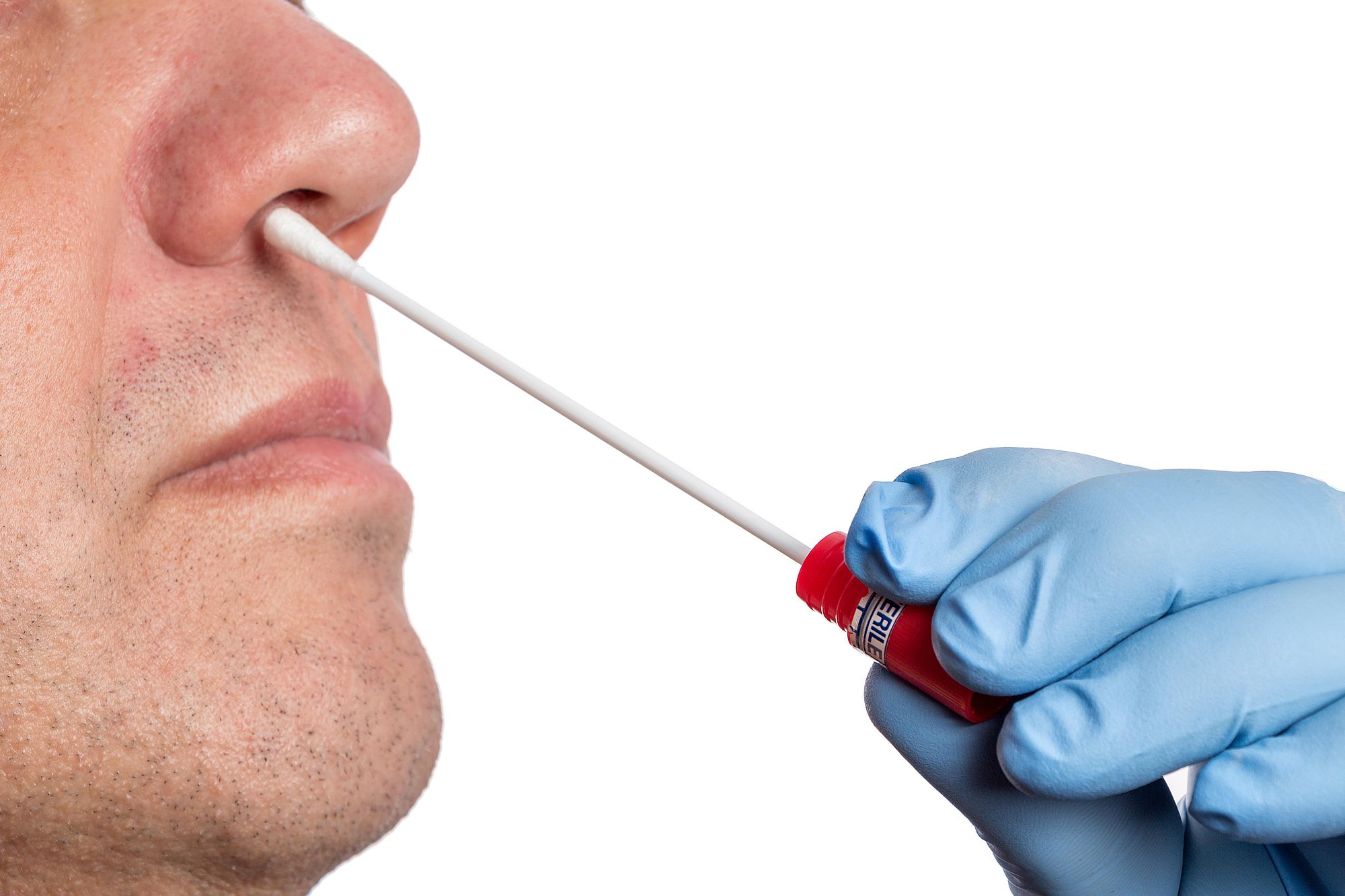Age Matters for Use of At-Home Tests

SUNDAY, Oct. 23, 2022 (HealthDay News) -- These days, you can test yourself for COVID-19, HIV, potential problems in your DNA or even a urinary tract infection while never leaving your home.
Researchers set out to find what older folks thought of the tests, whether they use them and how often they reported their results to a physician who could provide care if there was a problem.
"As more companies bring these direct-to-consumer tests to market, and buy ads promoting them, it's important for health care providers and policymakers to understand what patients might be purchasing, what they're doing with the results, and how that fits into the broader clinical and regulatory picture," said Dr. Jeffrey Kullgren. He directs the National Poll on Healthy Aging from the University of Michigan Institute for Healthcare Policy and Innovation.
More than 2,160 U.S. adults between 50 and 80 years of age took the poll online or by phone in July.
About 82% said they would be somewhat or very interested in taking an at-home medical test. About half had bought at least one, including 32% who purchased COVID test kits.
About 17% had bought a DNA test. Fewer respondents had purchased other types of at-home tests.
More than 9 of 10 respondents said test results should be shared with their doctor, but only 55% who tested for an infection other than COVID, such as HIV or a urinary tract infection (UTI), had shared their results with a primary care provider.
However, those who used a cancer-related test were much more likely to share their results, the poll found. Nine in 10 said they did so.
"As we have seen in COVID-19, it's important to share results from a home test with a provider so that it can be used to guide your care and be counted in official statistics," Kullgren said in a poll news release. He is also a primary care physician and health care researcher at Michigan Medicine and the VA Ann Arbor Healthcare System.
Respondents were asked about tests they had bought themselves, not those provided by their doctor for at-home use.
A small fraction (6%) had purchased an at-home cancer test, such as those that look colon or prostate cancer. And 4% had bought an at-home test for an infection, such as a UTI or HIV.
In all, 10% had bought a kit to test for allergies, food sensitivities or hormones, including those related to menopause or testosterone levels.
Black respondents were less likely to have bought an at-home test kit than white or Hispanic respondents. This was true for COVID kits (20% vs. 33%) and for other test kits (16% vs. 30%).
Respondents under 65 were more likely to have bought a COVID test kit than older respondents. Those who were married, were more educated and had higher incomes also bought more tests.
In all, 74% cited convenience, and 59% said home-test results could be trusted.
Researchers found that 53% of respondents thought at-home tests were regulated by the government. That's not entirely true, the investigators noted.
Not all tests get a full review from the U.S. Food and Drug Administration. Tests marked for "wellness" rather than ones used for diagnosis or to guide treatment are not regulated, according to researchers.
Consumers can search an FDA database for approved home tests.
Reacting to the findings, an AARP official urged older adults to be informed.
"Home tests can be a convenient way for older adults to check if they have an illness, such as COVID-19," said Indira Venkat, senior vice president of AARP Research. "But consumers should make sure they know whether the test they are taking is FDA-approved, and how their health or genetic information might be shared."
More information
The U.S. Centers for Disease Control and Prevention has more on at-home tests for COVID-19.
SOURCE: Michigan Medicine–University of Michigan, news release, Oct. 12, 2022
Related Posts
Role of Genetics Studied in Rheumatoid Arthritis Development
TUESDAY, Aug. 16, 2022 (HealthDay News) -- Genetic predisposition is increased...
Capivasertib-Fulvestrant Therapy Increases PFS in HR-Positive Breast Cancer
MONDAY, June 5, 2023 (HealthDay News) -- For patients with hormone...
Smartphone-Aided Postoperative Monitoring Effective
THURSDAY, April 13, 2023 (HealthDay News) -- Postoperative follow-up using...
Few Older Adults Knowledgeable About Aducanumab for Alzheimer Disease
FRIDAY, Feb. 25, 2022 (HealthDay News) -- Older adults are neither knowledgeable...
